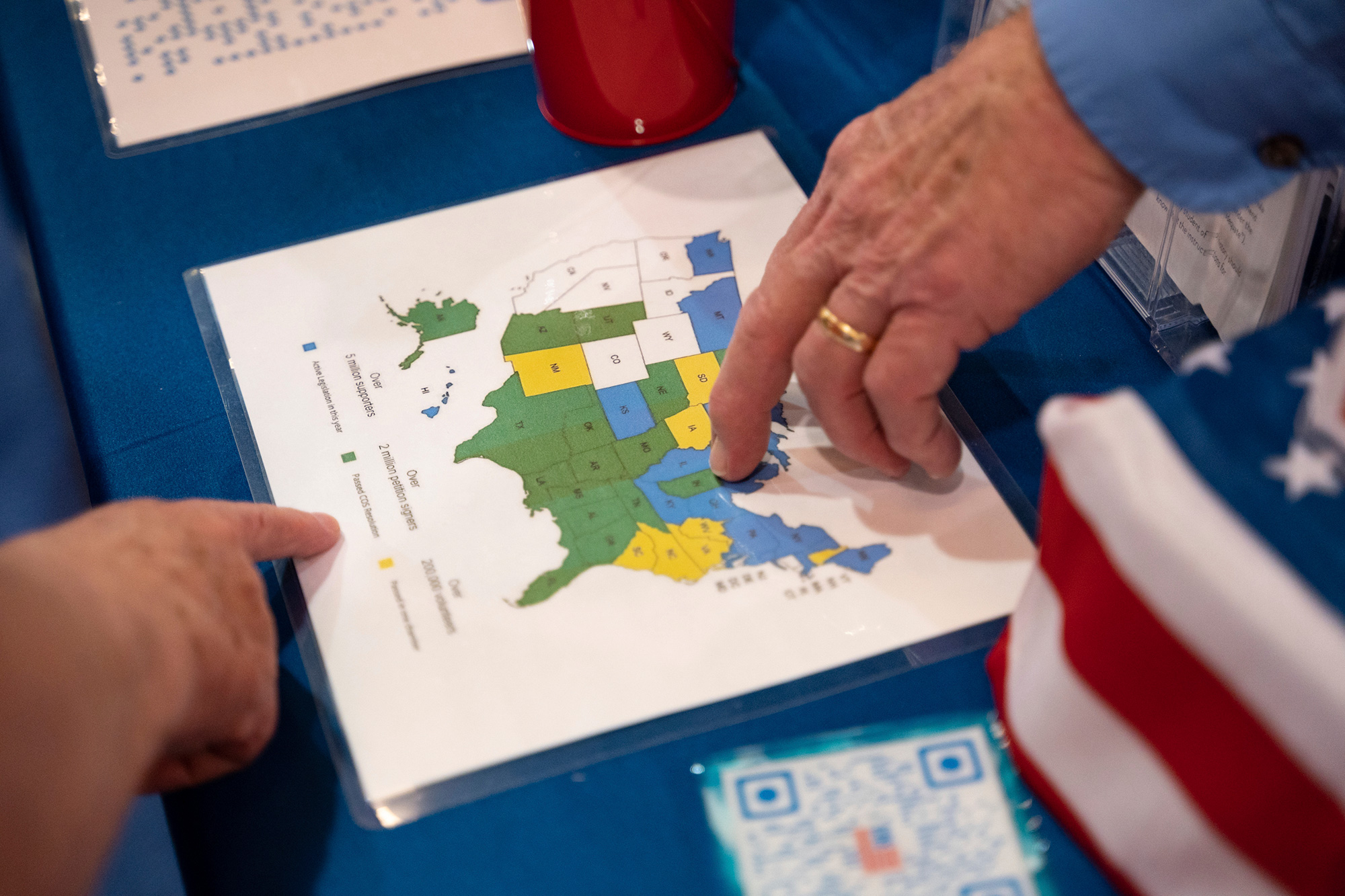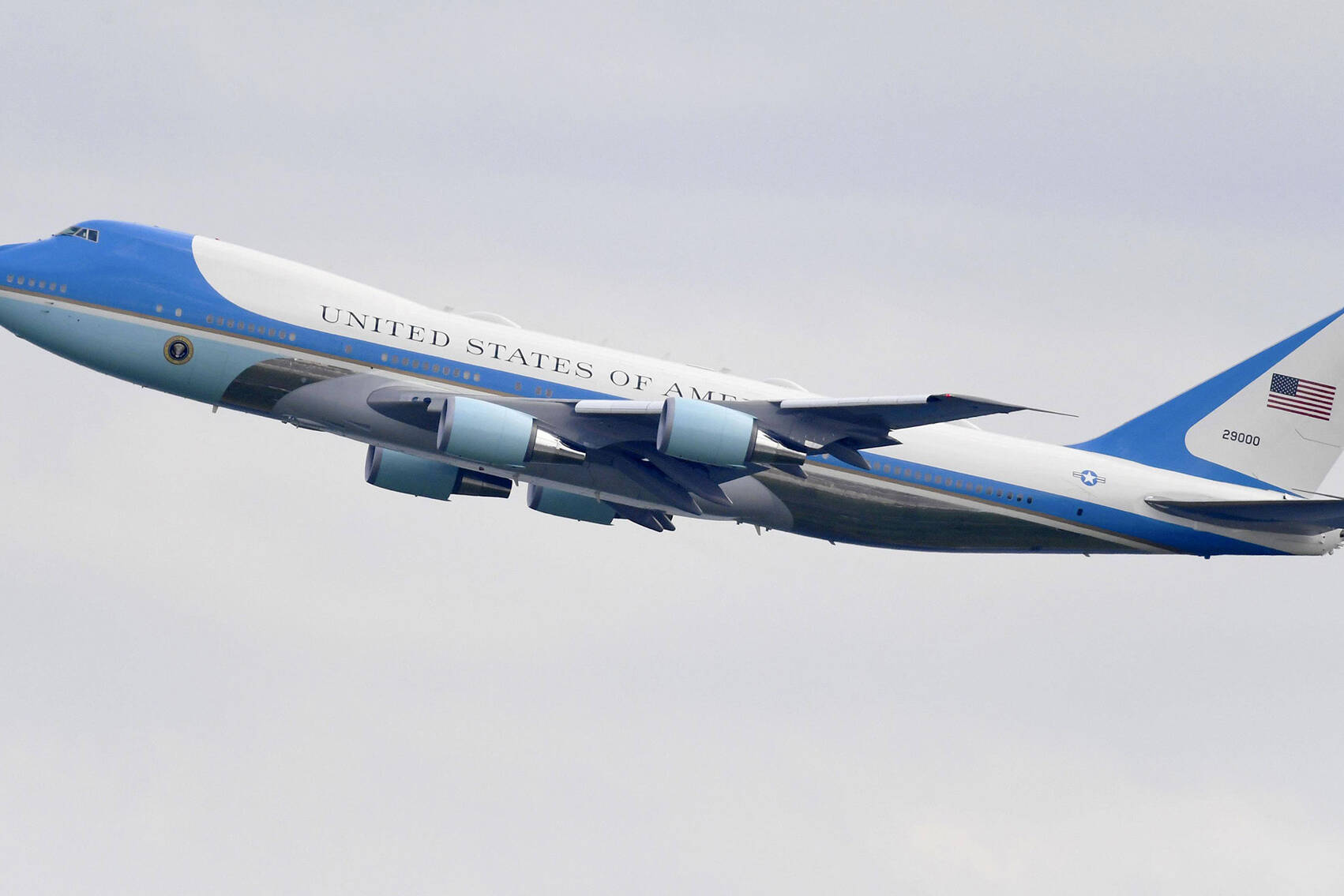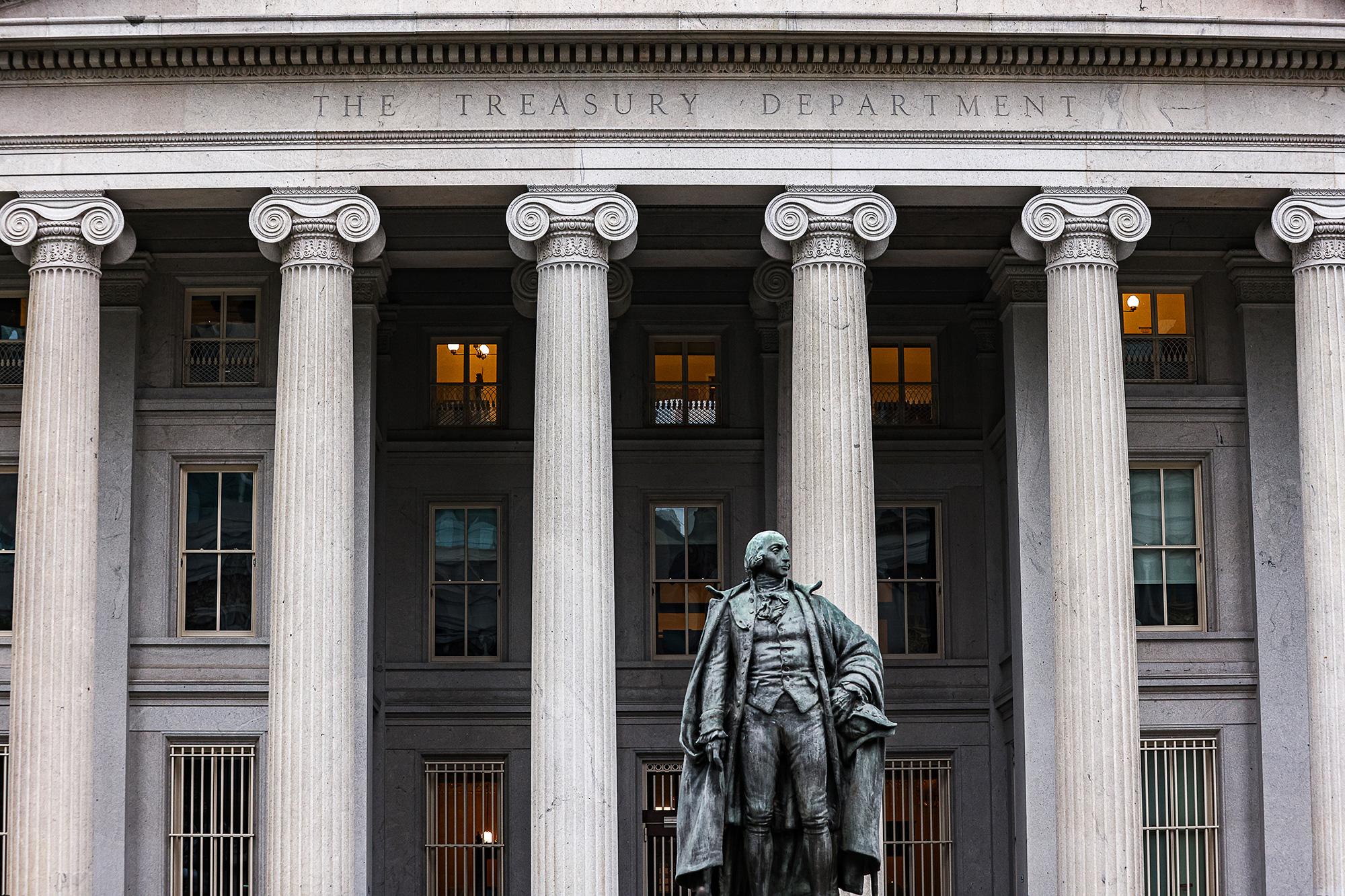A tiny share of voters is deciding who leads, and it’s distorting our democracy.
Zohran Mamdani, a Democratic Socialist, just won the Democratic primary for mayor of New York City in a stunning upset.
While incumbent Mayor Eric Adams is running as an independent and there are rumors of other third-party candidates, betting markets give Mamdani a 75% chance of being New York’s next mayor.
But here’s the real headline: Mamdani declared victory with just 8% of the city’s registered voters backing him. Mamdani received 432,000 votes in the first round, while the Big Apple is home to 5.1 million registered voters.
How did this happen?
It helps that, from the get-go, New York City’s 1.2 million registered independent voters were not allowed to vote in the mayoral primary.
It also helps that the small group of people who vote in primaries are much more liberal or conservative than the average American, according to research by No Labels and Princeton University Professor Sam Wang.

A National Trend
If Mamdani wins in November, he won’t be the first candidate to coast through the general election after securing just a sliver of support in the primary.
In fact, this is part of a national pattern. Most states and Congressional districts are so red or blue that the primary is the only election that matters. Mamdani would join the ranks of extremists like:
- Rep. Marjorie Taylor Greene, who was first nominated with votes from just 7% of her district’s voting-age population.
- Former Rep. Matt Gaetz, who got in with just 6%.
- Mamdani’s fellow New Yorker, Rep. Alexandria Ocasio-Cortez, who won her first primary with the support of just 3% of local adults.
These aren’t flukes. They’re features of a political system that increasingly lets a small, highly engaged slice of the population decide who gets to rule over the rest of us.
Why It Matters
The problem isn’t just about who wins, it’s about how they win.
Zohran Mamdani – like Marjorie Taylor Greene, Matt Gaetz, and Alexandria Ocasio-Cortez before him – didn’t need broad support to gain power. He just needed to appeal to the most active and far-left members of his party who vote in low-turnout primaries.
That’s how America’s largest city ends up on the verge of electing a mayor backed by just 8% of voters.
If we want leaders who represent more than just the fringes, we need electoral reforms like open primaries and National Primary Day that give more people a say.
Until then, elections like this won’t be the exception. They’ll be the new normal.
Related
Peyton Lofton
Peyton Lofton is Senior Policy Analyst at No Labels and has spent his career writing for the common sense majority. His work has appeared in the Washington Examiner, RealClearPolicy, and the South Florida Sun Sentinel. Peyton holds a degree in political science from Tulane University.





You must be logged in to post a comment.